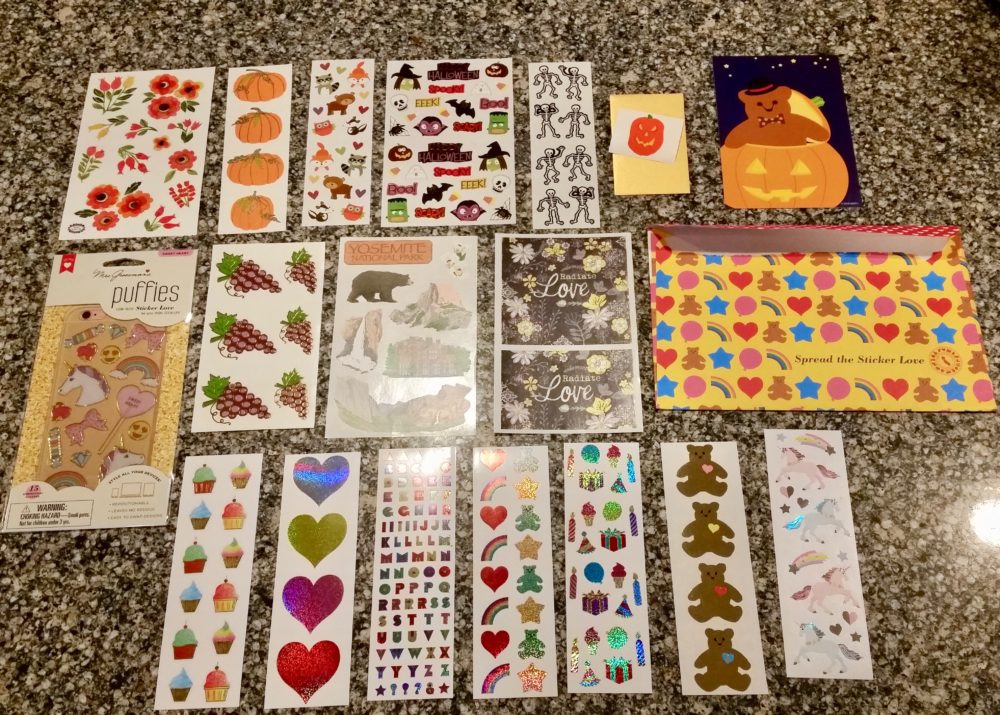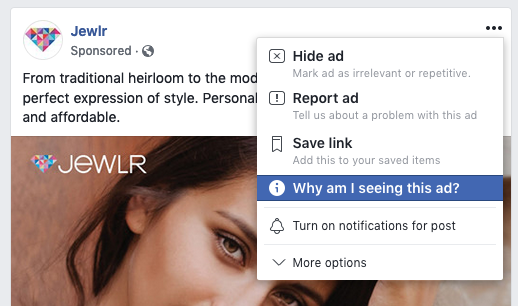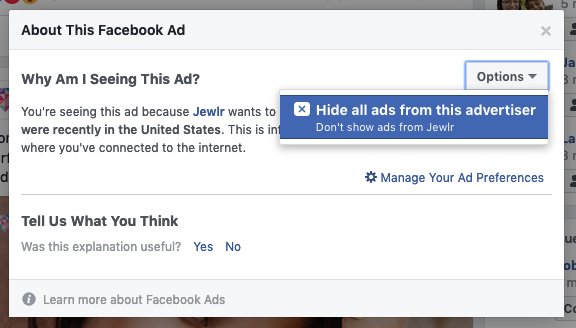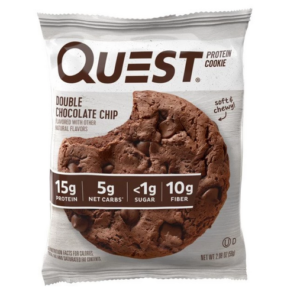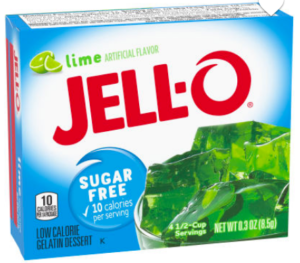Backstory first, because it has been so long since we last discussed this. (You can skip four paragraphs if you don’t need backstory and just want to hear the endoscopy described.) Very long ago, like three years ago, I started having some trouble with tightness in my throat (it felt like anxiety, but happened even when I was not anxious); also, every two or three weeks I would swallow something and it would feel like it got stuck, and it would be very painful for a few minutes until it finally went down. I wasn’t choking: I could still breathe. But it felt terrible and gross and scary, and it hurt a lot.
And so two and a half years ago, after it had happened enough times that it didn’t seem like it was just a fluke, I went to the doctor, who said it could be reflux, which surprised me very much because I didn’t feel like I was having any kind of heartburn symptoms. She further said that my light persistent cough could ALSO be reflux/heartburn, which I doubted: we have a lot of respiratory/asthma/allergy stuff in the family, so that seemed like a more likely explanation path to pursue than heartburn I wasn’t feeling.
She started me on a daily dose of omeprazole, which almost immediately stopped both the coughing and the problems with swallowing. (It is as if doctors possess a level of expertise and knowledge that I do not possess.) She also sent me for a barium swallow test, which didn’t show any clear reason for the symptoms. So she referred me for an endoscopy; she said to give her a call if they hadn’t contacted me within a couple of weeks. I don’t want to talk much about this, but let’s just say that no endoscopy was scheduled, and I could not GET an endoscopy scheduled, and calls/letters to everyone involved made no difference, and it was inexplicable and baffling, and I finally gave up in despair, and I have no answers for any of your very reasonable questions.
At my recent physical, my doctor said “Hey, did you ever have that endoscopy?” and I was like “???!!!!????!!! THANKS FOR FINALLY TUNING IN” and was literally more like “They didn’t ever…and I called?…but they still didn’t…and then I called here?…but nothing happened…and I sent you a letter?…but nothing ever?…” She said, wait a second, was that like two years ago, and I said yes, and she said things were very bad at that GI’s office then, and also the hospital has added a second GI since then, and let’s try again now…and if they didn’t get in touch within a couple of weeks, just give her a call (????!!!!????!!!!OMG). She said even though the omeprazole was completely handling the symptoms, I was too young for her to say “Yes, just keep taking omeprazole daily for the rest of your life” without doing the endoscopy first. I was like well that’s GREAT, and I join you in this version of reality where I can actually GET an endoscopy.
The GI’s office called the very next morning and set up the endoscopy. So now after four paragraphs, we are finally coming to the topic advertised.
Procedure-wise, it’s in the only-slightly-big-deal category. A half-dozen-page packet arrived after they scheduled the appointment, containing highlighted instructions for “7 days before,” “3 days before,” “the night before,” etc. There were some mild restrictions the week before: no multivitamins with iron, no iron, no fish oil, no vitamin E, that kind of thing. There was a one-sided page of paperwork to fill out: medications, health conditions, drinking/smoking confession.
The hospital called to do pre-registration: name, DOB, address, insurance, employer. I couldn’t have any food after midnight the night before, but I could have liquids (including soda, juice, sports drinks, coffee) up to three hours before the arrival time. I had to bring someone with me to drive me home afterward.
When I arrived at the hospital’s endoscopy department, I checked in and they had me look over a page of information to make sure it was accurate, and they gave me a hospital bracelet. Then a nurse called me in and showed me to one curtained area in a room full of curtained areas; I could easily hear the questions/answers as other nearby patients went through their pre-procedure process. I had to take off shirt and bra and put on a hospital johnny, but I was allowed to keep on my pants/socks and even my shoes.
The nurse asked me some questions, including when I’d last taken medications and when I’d last had anything to eat or drink, and then put in an IV. She told me roughly what would happen during the procedure and how long it would take, and that I would not be conscious so don’t worry about any of the things she was describing. She said to expect a quick visit beforehand from the anesthesiologist and from the doctor who would be doing the procedure. Those two visits came to pass; they seemed more like “Here, you can look at my face first so this doesn’t seem so impersonal” plus asking me twice more when I’d last had anything to eat or drink. This whole part, from the nurse bringing me to the curtained pre-procedure area until I was being wheeled into the procedure room, took approximately one hour; most of it was sitting in a hospital bed and waiting and listening to other patients answer questions. One woman there for a colonoscopy was very funny about it.
The procedure nurse came to wheel me into the procedure room; it was a small room, like the size of a regular doctor’s exam room, not like a big operating room; it was quite crammed full of equipment. I was fairly nervous by this time. They took my vital signs again, confirming nervousness. The nurse anesthesiologist was there, and explained that once the doctor arrived she’d put the sedative (propofol) into my IV. She put those little oxygen prongs into my nostrils, saying “Everyone gets extra oxygen,” and put those little sticky monitoring pads on various parts of my chest. They had me lie on my left side; they put a prop behind me so I couldn’t roll back. The nurse stayed in my field of vision and kept updating me on what was happening and why, which I found reassuring. The doctor arrived; the nurse anesthesiologist started the sedative and said I might feel dizzy at first; she said I should breathe in through my nose. I did feel pleasantly dizzy/buzzed. Out of curiosity, I counted how many seconds I stayed conscious after the dizzy feeling started; I got to 14.
The procedure itself takes less than 10 minutes; it’s the prep/recovery that takes up the time. I had an arrival time of 1:00; I was being wheeled in there shortly after 2:00; and I was in Recovery before 2:30 (I’m not sure exactly when I arrived, but when I asked the time it was 2:30). I woke up hearing someone say “It’s all done!” and my memory is fuzzy but I think I was being wheeled into the little recovery bay at the time. I was sleepy but felt fine; my pillow was drooly, which I didn’t notice until the nurse thoughtfully flipped it over for me. She asked if I wanted Paul called in, and I said not yet. She had me roll back onto my back, and then she raised me into more of a sitting position, and she offered coffee/tea/juice/water/muffins/crackers. I had some coffee, and over the next ten minutes or so I returned to feeling basically normal. This is when they called Paul back to join me. I was in Recovery for about half an hour total; then they had me get dressed, and Paul and I were moved to more of a consultation room, where we waited to have a chat with the doctor who did the endoscopy.
We waited twenty minutes or so, and then the doctor came in very briefly, very friendly but definitely in a hurry, just to give preliminary results. He’s going to wait for the biopsy results to come back, and then send a report to my primary doctor to give a full report and his recommendations. But he says it looks to him as if I should continue to take the daily omeprazole: it’s handling the symptoms completely without having any problematic side effects. He saw some stuff that explains why I’m having difficulties, but it’s nothing that needs to be fixed unless it starts causing me more difficulty than it’s currently causing.
They warned me I might have a sore throat afterward; mine was not sore, but my voice was a little hoarse and I felt like I needed to clear my throat more often for a few hours. My tongue also felt weird for a day or two afterward. Like, you know when you’re sick and your tongue gets too dry while you sleep, and it feels so gross like a dry sponge, and even after you get a drink of water your tongue feels a little weird/wrong for awhile? There was a part of my tongue that felt like the post-rehydration version of that.
The entire thing was less than 2.5 hours from arrival to departure, and if I had to have it done again I’d be a LOT less nervous–and frankly kind of looking forward to the propofol.

